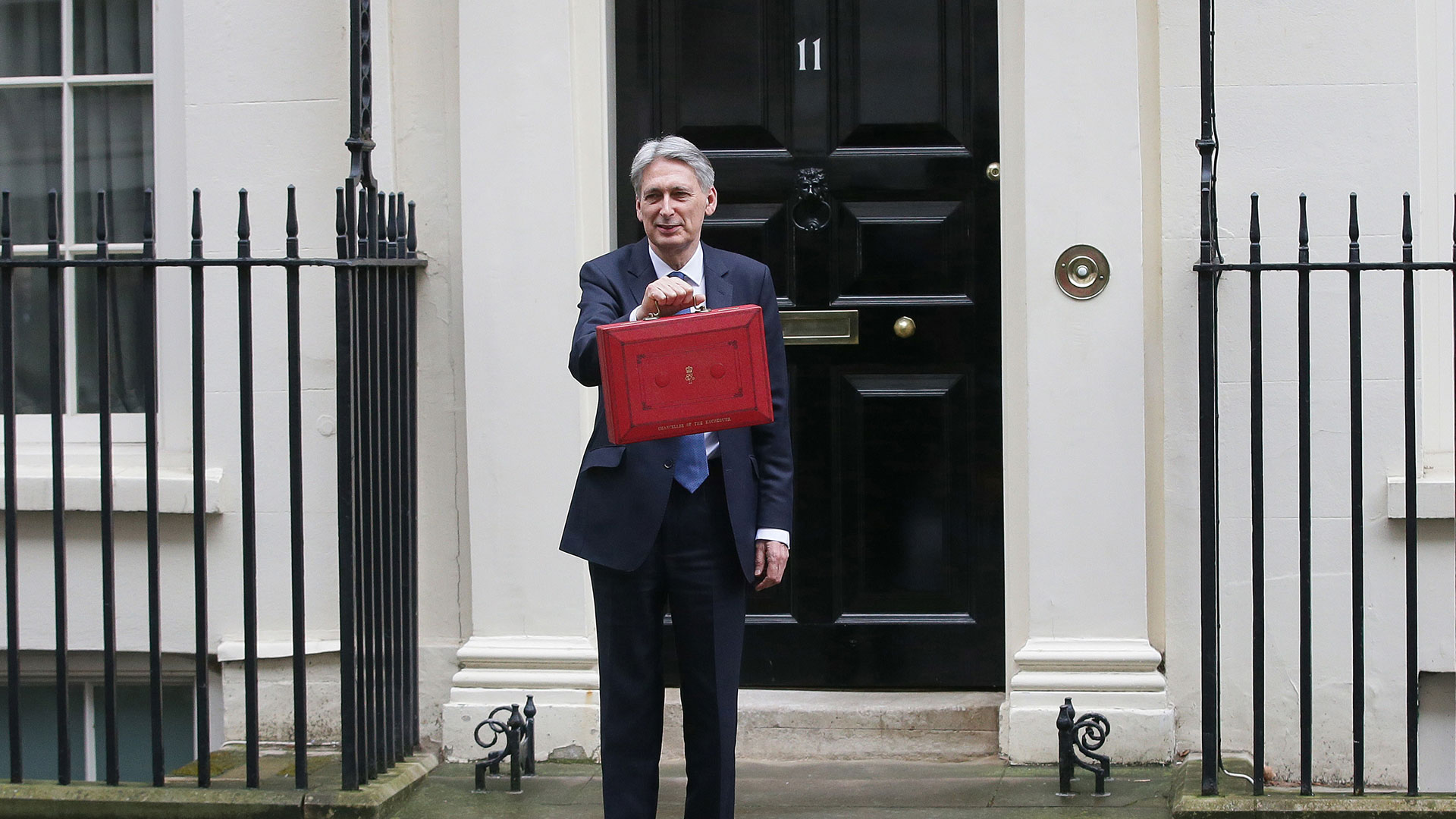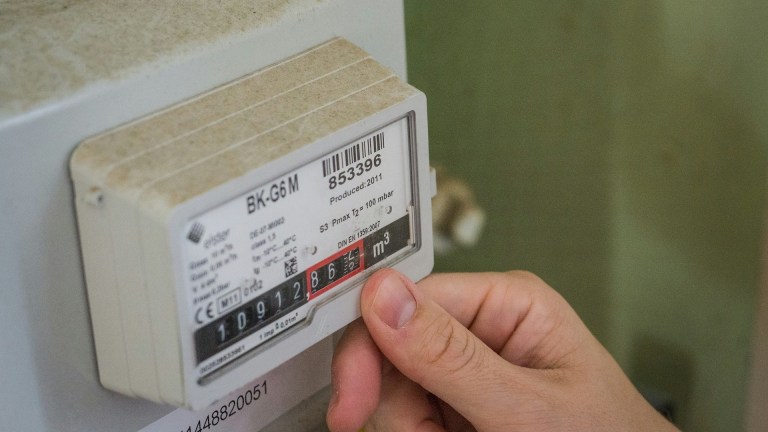The end of austerity turned out to be less definitive than had been suggested earlier in the day on Monday, as Chancellor of the Exchequer Philip Hammond backed away from “austerity is at an end” to “austerity is finally coming to an end”.
But amidst the growing storm of dissent around the nationwide roll-out of the deeply-unpopular Universal Credit, the Chancellor delivered a glimmer of good news. He announced £1.7 billion into increasing work allowances, as part of a pledge to “make work pay.”
‘Burning injustice’
The announcement was described as an important step forward in addressing the “burning injustice” of rising poverty among working families by the chief executive of social justice charity the Joseph Rowntree Foundation (JRF).
Campbell Robb said: “This move will help make Universal Credit a tool for tackling poverty, and ease the burden for low income families.” He said that JRF had been working with other organisations, politicians and people living in poverty to make the case for the change, which he described as “crucial.”
And he added that the fight must continue: “We will continue to work constructively with the Government to reform Universal Credit so that the needs of the people who rely on it come first. The public supports this, the Government supports this and it is what needs to happen in a just and compassionate society.
“However with 14 million people living in poverty, the government needs to be emboldened to carry out serious social reform to make this a country that works for everyone.”










